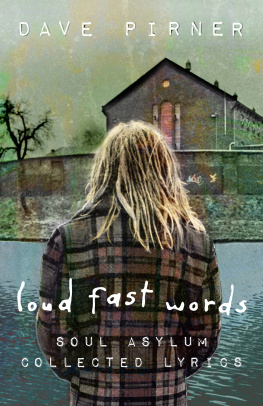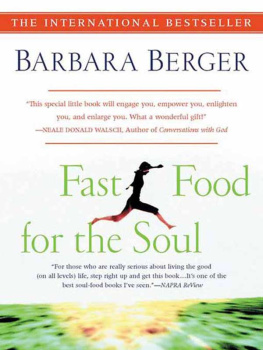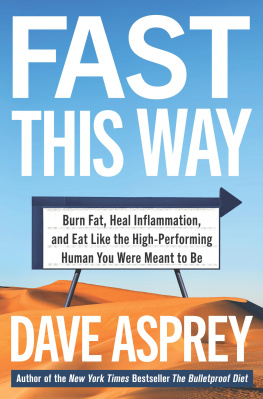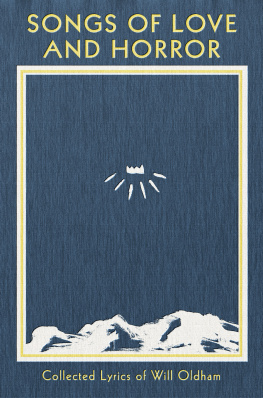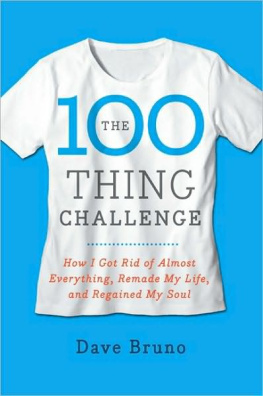Dave Pirner - Loud Fast Words: Soul Asylum Collected Lyrics
Here you can read online Dave Pirner - Loud Fast Words: Soul Asylum Collected Lyrics full text of the book (entire story) in english for free. Download pdf and epub, get meaning, cover and reviews about this ebook. year: 2020, publisher: Minnesota Historical Society Press, genre: Romance novel. Description of the work, (preface) as well as reviews are available. Best literature library LitArk.com created for fans of good reading and offers a wide selection of genres:
Romance novel
Science fiction
Adventure
Detective
Science
History
Home and family
Prose
Art
Politics
Computer
Non-fiction
Religion
Business
Children
Humor
Choose a favorite category and find really read worthwhile books. Enjoy immersion in the world of imagination, feel the emotions of the characters or learn something new for yourself, make an fascinating discovery.
- Book:Loud Fast Words: Soul Asylum Collected Lyrics
- Author:
- Publisher:Minnesota Historical Society Press
- Genre:
- Year:2020
- Rating:5 / 5
- Favourites:Add to favourites
- Your mark:
- 100
- 1
- 2
- 3
- 4
- 5
Loud Fast Words: Soul Asylum Collected Lyrics: summary, description and annotation
We offer to read an annotation, description, summary or preface (depends on what the author of the book "Loud Fast Words: Soul Asylum Collected Lyrics" wrote himself). If you haven't found the necessary information about the book — write in the comments, we will try to find it.
Loud Fast Words: Soul Asylum Collected Lyrics — read online for free the complete book (whole text) full work
Below is the text of the book, divided by pages. System saving the place of the last page read, allows you to conveniently read the book "Loud Fast Words: Soul Asylum Collected Lyrics" online for free, without having to search again every time where you left off. Put a bookmark, and you can go to the page where you finished reading at any time.
Font size:
Interval:
Bookmark:
 LOUD FAST WORDS loud
LOUD FAST WORDS loud
fast
words SOUL ASYLUM
COLLECTED LYRICS DAVE PIRNER Minnesota Historical Society Press Special thanks to Jeneen Anderson, Jill McLean, Jim Metz, and Josh Leventhal. Text copyright 2020 by Dave Pirner. Images courtesy of Dave Pirner unless otherwise noted. Other materials copyright 2020 by the Minnesota Historical Society. All rights reserved. No part of this book may be used or reproduced in any manner whatsoever without written permission except in the case of brief quotations embodied in critical articles and reviews.
For information, write to the Minnesota Historical Society Press, 345 Kellogg Blvd. W., St. Paul, MN 55102-1906. Images on from Minnesota Historical Society collections. mnhspress.org The Minnesota Historical Society Press is a member of the Association of University Presses. Manufactured in the United States of America 10 9 8 7 6 5 4 3 2 1  The paper used in this publication meets the minimum requirements of the American National Standard for Information SciencesPermanence for Printed Library Materials, ANSI Z39.48-1984.
The paper used in this publication meets the minimum requirements of the American National Standard for Information SciencesPermanence for Printed Library Materials, ANSI Z39.48-1984.
International Standard Book Number ISBN: 978-1-68134-172-9 (paper) ISBN: 978-1-68134-174-3 (e-book) Library of Congress Control Number: 2020930294 This and other Minnesota Historical Society Press books are available from popular e-book vendors. This book is dedicated to anyone and everyone
who ever inspired a lyric CONTENTS INTRODUCTION S o, this is the beginning of the spinning of the yarna yarn that is me. Its twisted, tangled, fucked up; but somehow you continue to try to knit a sweater, while at the same time not really taking credit for the sweater, and hoping that it will make someone feel warm and better. But somewhere in my subconscious, or my ego, or whatever you want to call it, I wanted to tell my own story. Storytelling is an evolution of something that is passed down and degraded, or upgraded, depending on whos doing the telling. I dont seek to embellish my story, but punk rock made me feel like somebody gave a shit about my story.
However, the retelling of real things in history has haunted me my entire life. I love the power of interpretive language. Zora Neale Hurston had an impact on the way I view language. The poetic nature of her writing combined with the autobiographical nature of her books seemed to spin something that was as much fact as fiction. The rhythm of the way she wrote moved me to no end. I once saw Sherman Alexie, one of my favorite authors, speak about his writing.
He said something like, this is my bad pile [gesturing with his hands, a very tall stack of paper], and this is my good pile [gesturing to a significantly shorter stack]. This one [the short stack] is full of stuff I got right, and its a very small amount of paperwork. Writing is about redefining, refining, and trying to make your ideas make sense to someone, or everyone. I always figured that if the lyrics looked good on paper, they were probably good enough for a song. When I first started writing songs, I didnt have that much life experience. The stories are told and the rhymes are made.
Sometimes a song means something, and other times not so much. In retrospect, some of the lyrics in this book are confrontationally juvenile to me. Its okay, but its a little embarrassing. The ways people talk, the ways they write, the ebb and flow of the words; its all so fascinating to me. The rhythm of conversation and the ability to communicate has interested me my whole life. I didnt realize how difficult it was for people, myself in particular, to communicate.
Perhaps thats why I started writing songs. Through lyrics and poetry, I found it easier to sum up my feelings. I think I express more about myself in my songs than I do communicating with people close to me. Whatever it is that I thought I was doing when I first started making rhymes, which I believe was in about second grade, it was apparent that I had a skill. I didnt understand it, but my rhymes always got a response. Sometimes laughter, sometimes approval; either way, it got peoples attention.
I can only hope that I have lived and learned and become a better writer over time. I have to mention my high school English teacher, Charlotte Westby. She taught me about poetry in a way that was passionate, and the experience has stayed with me. Other kids thought she was strict and were afraid to take her class, but she made me love language and got me interested in poetry. I love poetry, and this book is not that. These are lyrics, and if this book is considered close to poetry, I would be okay with that.
And I realize some people dont care about what the lyrics are to a song. Some people are more focused on the music. (I actually prefer instrumental music because I get tired of hearing everyone whine about their problems.) Other people have told me they listen only to the lyrics. We all make our own connections to the music we love. One of my first memories is of scraping a stick along a brick wall: the sound of it, the rhythm of itit was magic. My childhood experiences were with instrumental musicclassical and jazz.
As I developed my musical tastes, I began to listen to the lyricists more. Some of my favorite lyricists are Leonard Cohen, Bob Dylan, and Lou Reed, to name just a few. I started reading Dylan Thomas after finding out that Bob Zimmerman changed his last name to Dylan because of him. Its an example of trying to figure out where it all comes from. Whats in a gospel song? What are the words? Where did they come from? Why dont we know who wrote certain songs? I cant get these questions out of my head. I believe it was Leonard Cohen who said, depression is just the water I swim in.
These are the things that go into making a song. Youre trying to put out your truth. We joke nowadays about how lonely it is to be a writer. This I know is true. I suppose the idea for a song could be considered a seed. Some grow to be beautiful plants; others dont germinate at all.
They are dormant seeds. No one wants to look at my collection of dormant seeds. They want to see the flower. The big, fat, fucking sunflower. But every seed needs a fair chance. What is it that allows some seeds to turn into flowers? Is it Darwinism? Is it chance? Is it ego? I have no idea.
Do I think that my opinion is important? Do I give a shit what anyone thinks? Im like a dog; Im peeing on every tree I can find. 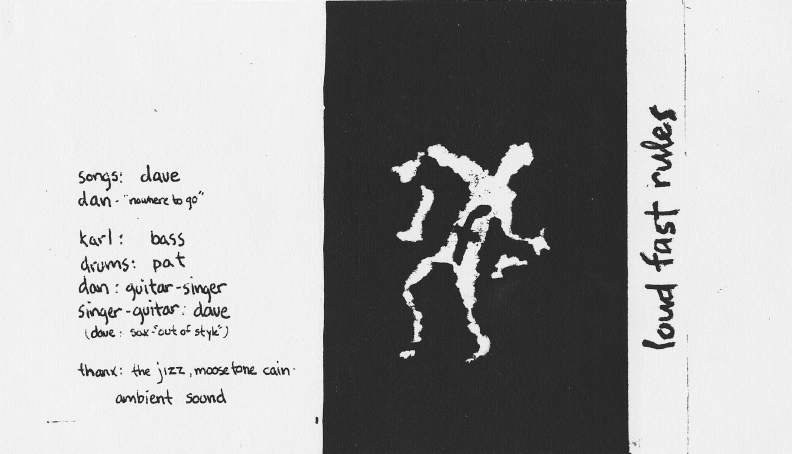 WHEN WE FIRST STARTED OUT AS A BAND, WE needed a name. It was just the three of us, Karl Mueller, Dan Murphy, and myself. Loud Fast Rules seemed like an appropriate name at the time. I think it came from a photo in a magazine of a guy wearing a leather jacket that had Loud Fast Rules written on the back. It seemed like a boast, which was cool.
WHEN WE FIRST STARTED OUT AS A BAND, WE needed a name. It was just the three of us, Karl Mueller, Dan Murphy, and myself. Loud Fast Rules seemed like an appropriate name at the time. I think it came from a photo in a magazine of a guy wearing a leather jacket that had Loud Fast Rules written on the back. It seemed like a boast, which was cool.
Later I changed the name because it felt like all the music had to fit that descriptionloud and fastwhich was limiting. The phrase Soul Asylum came from some lyrics I wrote. It wasnt exactly a great song, but it seemed like a great band name.Now, all these years later, I thought a good way to tie the past and the present together was to call this collection of songs Loud Fast Words.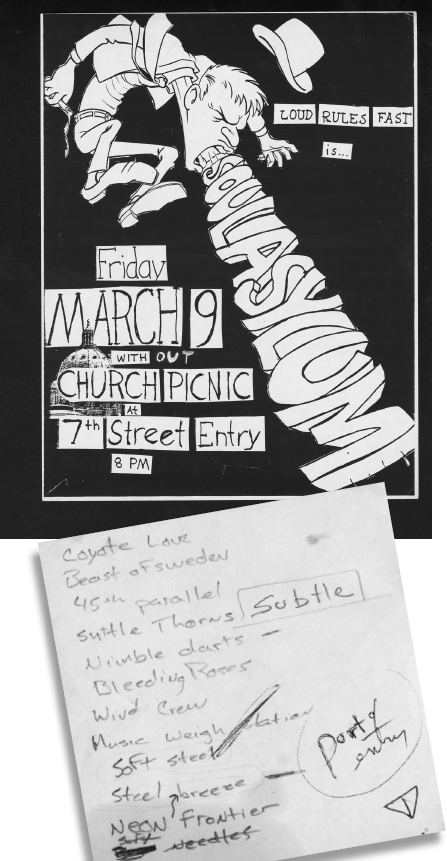

Font size:
Interval:
Bookmark:
Similar books «Loud Fast Words: Soul Asylum Collected Lyrics»
Look at similar books to Loud Fast Words: Soul Asylum Collected Lyrics. We have selected literature similar in name and meaning in the hope of providing readers with more options to find new, interesting, not yet read works.
Discussion, reviews of the book Loud Fast Words: Soul Asylum Collected Lyrics and just readers' own opinions. Leave your comments, write what you think about the work, its meaning or the main characters. Specify what exactly you liked and what you didn't like, and why you think so.

